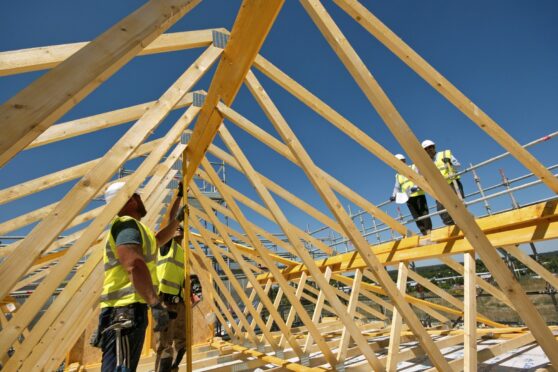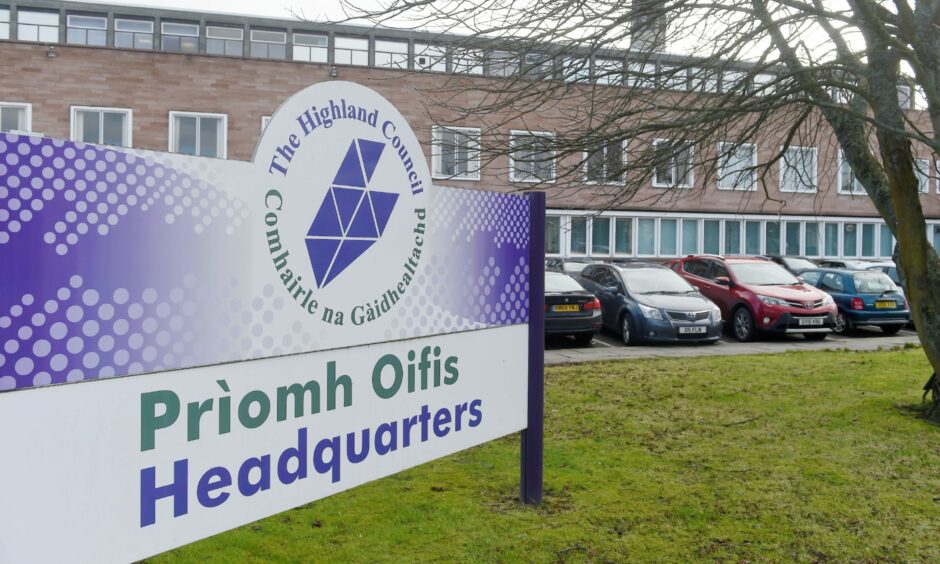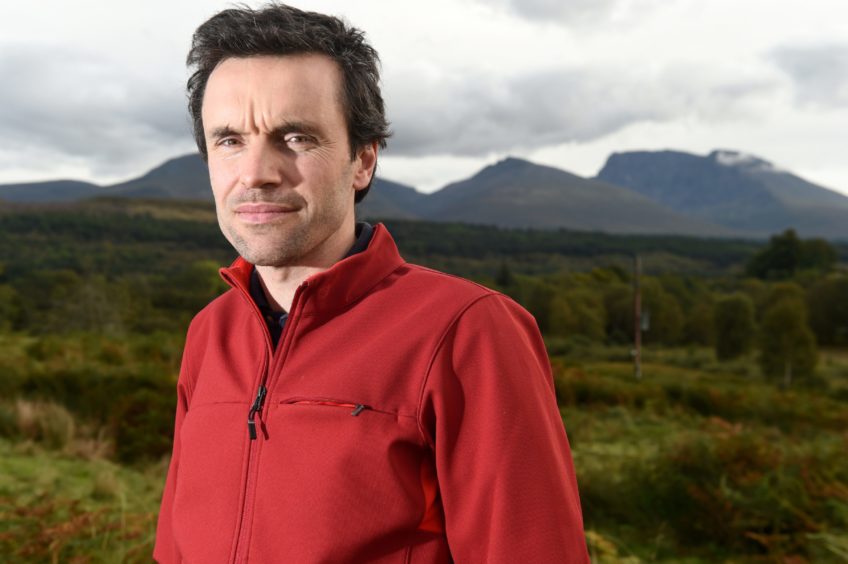Labour shortages, price hikes and supply issues threaten to derail the Highland Council’s ambitious new home building programme.
Members will be briefed on the delays at the council’s housing and property committee tomorrow.
A joint report on the capital programme and housebuilding programme details a multi-million pound slippage caused by the ongoing challenges facing the construction industry.
Fighting through the backlog
The council had a budget of £60.2m in the last financial year for housing revenue account capital. According to the latest figures, only £48.8m has been spent.
Meanwhile, the mainstream account for 2021-22 continues to suffer following the backlog of work created in the first lockdown period.
This saw all capital work suspended until the lifting of restrictions on April 26 2021.
Council officers say that labour and material shortages across the construction industry in the Highlands and nationally is holding up the programme.
No tender returns
Their claims are backed up by new data from the Office of National Statistics.
Their research shows that product and material costs have increased by 10% across the board, while the price of timber and sterling boards have shot up by 25% and 100% respectively.
The industry is also experiencing longer lead-in times for roofing materials, cement, insulation and sealant, with experts saying there will be no improvement until early next year at best.
As a result, some council tenders have received no bids, and others have come in higher than budget.
As the capital programme stalled, the council prioritised new heating systems and housing adaptations across its estate.
Is a bounce-back on the cards?
Despite the challenging backdrop, the council is sticking to its ambitious new build targets.
It has completed 120 new units this financial year and expects to meet the full spend against budget.
Committee chairman Ben Thompson is feeling optimistic. Speaking ahead of Thursday’s meeting, Mr Thompson said he expects a strong bounce back.
“In the current financial year, we are expecting around 830 new house completions, between the council and its housing partners,” he said.
“The year after that, we would hope to build another 500. So over this year and next a total of 1,330 new homes should become available.”
Approved last November, the council’s strategic housing investment plan aims for 500 units per year, of which 70% will be rented and 30% for affordable purchase.
Mr Thompson says the council will continue to aim for that rate, despite Covid and Brexit continuing to have an impact on labour and materials.
“Those two factors have led to some important material costs increasing rapidly, particularly cement and timber,” said Mr Thompson. “That is feeding through to the willingness of contractors to quote for projects, which in turn impacts on delivery of projects going forward.
“That said, the council remains committed to delivering its housing targets, to meet the need for new housing in Highland communities.”


